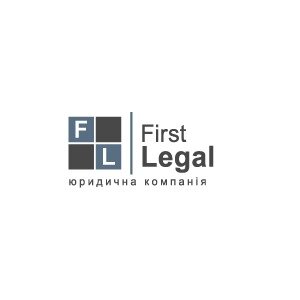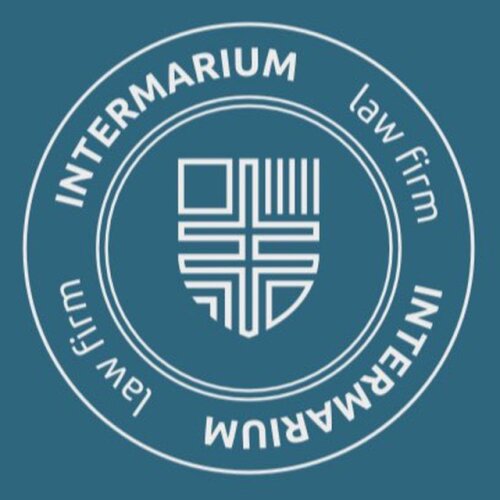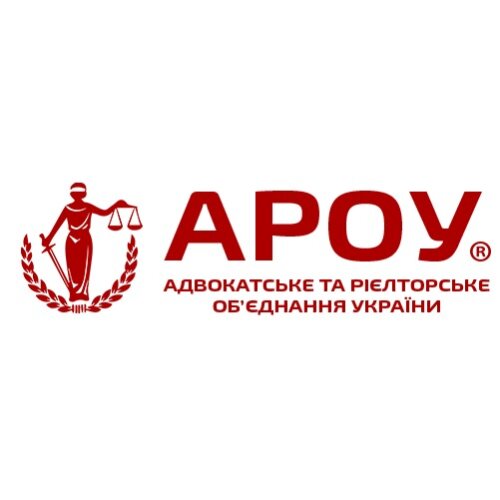Best Mortgage Lawyers in Ukraine
Share your needs with us, get contacted by law firms.
Free. Takes 2 min.
Free Guide to Hiring a Real Estate Lawyer
Or refine your search by selecting a city:
List of the best lawyers in Ukraine
About Mortgage Law in Ukraine
Mortgage law in Ukraine regulates the framework through which property can be secured by a loan. This involves using a property as collateral to ensure that loans are repaid. Ukraine's mortgage laws seek to protect the interests of both lenders and borrowers while facilitating the growth of the real estate market. With an evolving financial landscape, the mortgage system integrates elements of both civil and property law. Generally, a mortgage agreement will stipulate the property involved, the creditor's and debtor's rights and obligations, and the conditions under which the mortgage may be terminated or enforced.
Why You May Need a Lawyer
There are numerous situations in which seeking legal advice on mortgage issues might be beneficial:
- Understanding Mortgage Agreements: Mortgages involve complex contracts that require careful analysis before signing. A lawyer can help interpret terms and conditions to ensure you are fully aware of your obligations.
- Dispute Resolution: Disputes may arise concerning the terms of repayment, property valuation, or default consequences. Legal advice can be pivotal in negotiating settlements or representing in court.
- Foreclosure Proceedings: If you are facing foreclosure, a lawyer can help you understand your rights, potentially negotiate a stay or restructuring arrangement, and represent your interests.
- Compliance with Local Laws: Ukraine's mortgage laws are influenced by its civil code; a legal expert can ensure your transactions comply with applicable regulations.
- Title Searches and Due Diligence: Lawyers conduct detailed checks to ensure the property in question is free from encumbrances and the seller is legally entitled to sell.
Local Laws Overview
Key aspects of local laws relevant to mortgages in Ukraine include:
- Civil Code Provisions: The Civil Code of Ukraine is fundamental in regulating mortgages, detailing the obligations of both parties involved in the mortgage agreement.
- Land Mortgage Law: Special provisions apply to land mortgages, including the valuation and transfer protocols unique to real estate assets.
- Registration Procedures: Mortgage agreements must be registered in the State Register of Proprietary Rights to satisfy legal formalities and ensure enforceability.
- Rights of Redemption: Borrowers have specific rights to repay arrears and possibly recover property under threat of foreclosure.
- Tax Implications: Mortgage transactions may incur taxes, highlighting the importance of understanding tax obligations when dealing with mortgaged property.
Frequently Asked Questions
What is a mortgage in Ukraine?
A mortgage in Ukraine is a legal agreement by which a bank or creditor lends money at interest in exchange for taking title of the debtor's property, with the condition that the conveyance of title becomes void upon the payment of the debt.
How can I secure a mortgage loan?
To secure a mortgage loan, you typically need to meet with a bank or a lending institution, provide financial documentation, and offer a property as collateral to secure the loan.
Is there a minimum down payment requirement?
The minimum down payment for a mortgage in Ukraine may vary depending on the lender, but it generally ranges from 15-30% of the property’s value.
What happens if I default on my mortgage?
If you default on your mortgage, the lender has the legal right to initiate foreclosure proceedings, which may result in the sale of your property to recover the outstanding debt.
Can foreigners purchase property in Ukraine via a mortgage?
Yes, foreigners can purchase property in Ukraine and secure a mortgage, subject to meeting specific legal and regulatory requirements set out by Ukrainian law.
What fees are associated with securing a mortgage?
Fees can include appraisal fees, notary fees, registration fees, insurance, and sometimes processing fees, all of which should be clarified with the lender before proceeding.
How is the interest on a mortgage calculated?
Interest on a mortgage in Ukraine is commonly calculated on a fixed or variable basis, often involving payment of interest that accrues on the unpaid principal balance.
Can a mortgage be transferred to another person?
Yes, but transferring a mortgage to another individual typically requires the lender’s approval and the appropriate legal documentation.
How are mortgage agreements enforced?
Mortgage agreements in Ukraine are enforced as per terms defined in the contract, typically through judicial proceedings if voluntary settlement of the debt does not occur.
What should be included in a mortgage agreement?
A mortgage agreement generally includes details of the parties involved, property description, loan amount, interest rate, repayment schedule, and terms of default.
Additional Resources
The following resources and organizations may be helpful for individuals seeking legal advice on mortgages in Ukraine:
- National Bank of Ukraine (NBU) - for monetary policies affecting mortgages.
- State Register of Proprietary Rights - for registration and property-related inquiries.
- Ukrainian National Bar Association - for finding qualified legal professionals.
- Ministry of Justice of Ukraine - for legal frameworks and access to governmental insights.
- Local legal aid clinics - for accessible support and guidance in mortgage-related matters.
Next Steps
If you need legal assistance with a mortgage in Ukraine, consider these steps:
- Consult a Lawyer: Reach out to a professional experienced in mortgage law in Ukraine to discuss your situation.
- Gather Documentation: Prepare all relevant documents, including your existing mortgage agreement and financial records, for a comprehensive review.
- Understand Your Rights: Consult the relevant sections of the Civil Code and related laws to be informed of your rights as a borrower or lender.
- Evaluate Your Options: Assess your situation, whether it concerns negotiation, restructuring, or litigation, and take informed next steps with your lawyer's guidance.
- Stay Informed: Keep abreast of any changes in local laws, economic conditions, or financial market movements that could impact your mortgage.
Lawzana helps you find the best lawyers and law firms in Ukraine through a curated and pre-screened list of qualified legal professionals. Our platform offers rankings and detailed profiles of attorneys and law firms, allowing you to compare based on practice areas, including Mortgage, experience, and client feedback.
Each profile includes a description of the firm's areas of practice, client reviews, team members and partners, year of establishment, spoken languages, office locations, contact information, social media presence, and any published articles or resources. Most firms on our platform speak English and are experienced in both local and international legal matters.
Get a quote from top-rated law firms in Ukraine — quickly, securely, and without unnecessary hassle.
Disclaimer:
The information provided on this page is for general informational purposes only and does not constitute legal advice. While we strive to ensure the accuracy and relevance of the content, legal information may change over time, and interpretations of the law can vary. You should always consult with a qualified legal professional for advice specific to your situation.
We disclaim all liability for actions taken or not taken based on the content of this page. If you believe any information is incorrect or outdated, please contact us, and we will review and update it where appropriate.
Browse mortgage law firms by city in Ukraine
Refine your search by selecting a city.

















